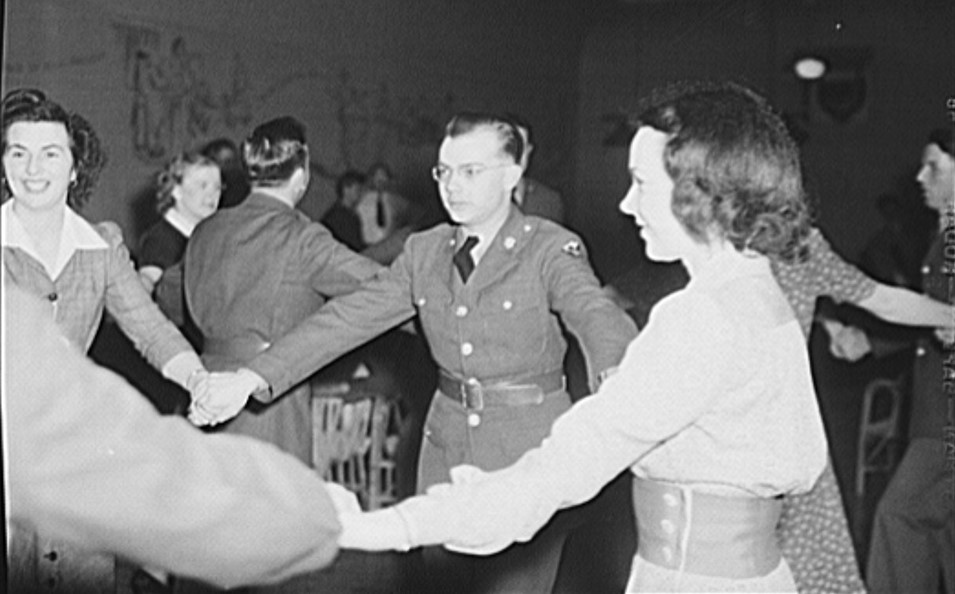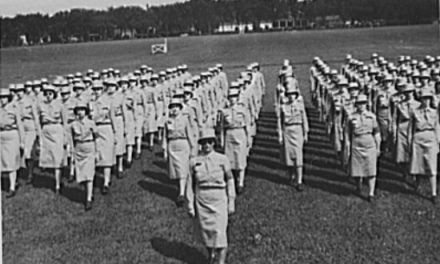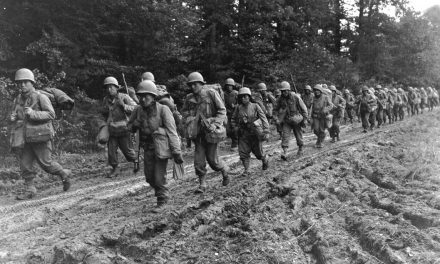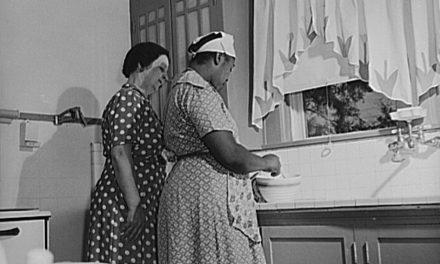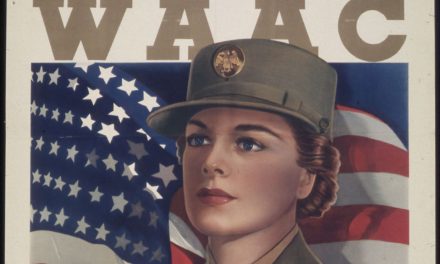During the dreary time of war, it takes a certain person to step up and truly make a difference. Yes, there are soldiers risking their lives every day for the sake of this country and other countries’ survival, but efforts on the home front to keep morale high can be just as important. Edna Newby is one of these special people. She facilitates a Rest and Recuperation center in North Carolina for soldiers who are permitted a short time away from the battle front to visit their families.
Newby’s parents are British immigrants who came to America in 1900. They moved to the Bronx after arriving, and Edna was born there. She fondly remembers going to the Bronx Zoo as a child. From the Bronx, the family moved to Mount Vernon, New York, where Edna’s sister was born, and then moved to Palisades, New Jersey when Edna was nine years old.
Edna’s parents were hardworking and strived to be leaders of the community in which Edna was raised, which inspired Edna as she was growing up. When the family moved to New Jersey, her father became a member of the town council member and started a successful business, which meant that he had enough money to send Edna to college and support her education. Although her mother stopped working when she came to America, she was an active member of the Women’s Club and joined the work force when her family needed the extra financial help.
Although Edna’s father did very well for the family, the Great Depression took a toll on everyone. They wound up losing everything while Edna was already enrolled at New Jersey College of Women*. She describes the financial aid support that they offered. “My junior year [my dad] lost his business, and it looked as though I was going to have to give up college…but I got one of the two scholarships that were offered at NJC in those days…I think I was given $100 and I borrowed some amount. [I got this from the] Alumnae Loan Fund for students, and I was paying that back for years after I got out of college at $5 a month. When I was earning, you know, $96 a month, it wasn’t very easy.”
Edna made it through college at NJC and was soon called back to volunteer as a clerk typist. She worked there for several years and wound up as an assistant dean. As much as she liked her job, when the war came she felt she wanted to do something more fulfilling. She found an opportunity through the government at an R&R center.
R&R centers are a product of the United Service Organizations, which is made up of six agencies: The YMCA, the YWCA, the National Catholic Community Service, the National Jewish Welfare Board, the Salvation Army, and the National Traveler’s Aid Association. When Edna Newby decided that she wanted to work for a company that aided the war effort, she traveled to New York City to the Young Women’s Christian Association (YWCA) to ask for a job.
The USO moved her around to different cities to start up different programs that were all similar to an R&R center until they tried to place her permanently in Lexington, North Carolina. Her higher-ups told her that she would be the director of a service operation there, but Newby felt that her skills were better placed elsewhere. She states, “Well, the longer I was there, and I was there, oh, several weeks, I realized that they didn’t need a USO in that town. I never saw, well, I shouldn’t say I never saw a service man, but I saw very, very few, whereas Jacksonville was humming and wild with need for people.”
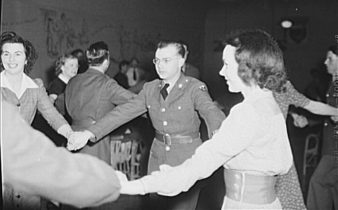
American soldiers dancing at a servicemen’s center in Minnesota, similar to the one where Edna Newby works. Photo by Jack Delano (from Library of Congress).
After months of pestering, the program finally moved her to Jacksonville, North Carolina, where her intelligence and kind heart were truly put to good use. She was placed in a log cabin, with a large central room that housed a piano and a radio, a small office in which she and her secretary work, a big kitchen and an “important locked closet”.
Newby says that most Marines are about 16 or 17—they would lie about their age in order to enlist. When they come into the towns, they buy bottles of liquor and attempt to finish the whole thing in one go, which causes them to be dangerous. This “important locked closet” is where the confiscated bottles go so she can allow the Marines to drink them in moderation, mostly at the dances they hold in the large central room.
Newby’s favorite part about her job in Jacksonville is the family dinners that they have for the boys. “So I go to Wilmington, 50 miles, to buy the food, because we don’t have any big stores in Jacksonville that have as much food as I need, and I go and get the food and they come and cook and they love coming in to cook, of course. Those boys that like to cook love doing that.”
The “boys,” as she continuously calls the Marines that come in and out of her building, love to listen to her bang out songs on the piano. She sometimes sits there for six hours straight, playing “horrid tunes” and singing even though she “can not quite carry a tune.”
Newby attempts to make every holiday at the center an extraordinary event for the Marines who are there during that time: “At Christmas time, I remember, we decided we’d get a big tree and [my secretary] Miss Gilligan got the fellows to make the decorations to put on the tree, and I can remember this one Marine coming in and saying to her, ‘Miss Gilligan, if you ever tell any of these other guys that I am making angels, I’ll never come here again.'” She laughs at the thought and goes on to describe how grateful the Marines are for even the littlest of normalcy after coming back from the battlefront.
“No, we do the simplest of things, but they love it,” says Newby.
Author’s Note: Some of Edna Newby’s quotes were changed from past tense to present tense.
* Later renamed the Douglass College at Rutgers New Brunswick
Sources:
Newby, Edna M. Oral History Interview, February 21, 1997, by G. Kurt Piehler and Barbara Tomblin. Rutgers Oral History Archives. http://oralhistory.rutgers.edu/images/PDFs/newby_edna.pdf
https://www.uso.org/stories/838-about-our-uso-centers

